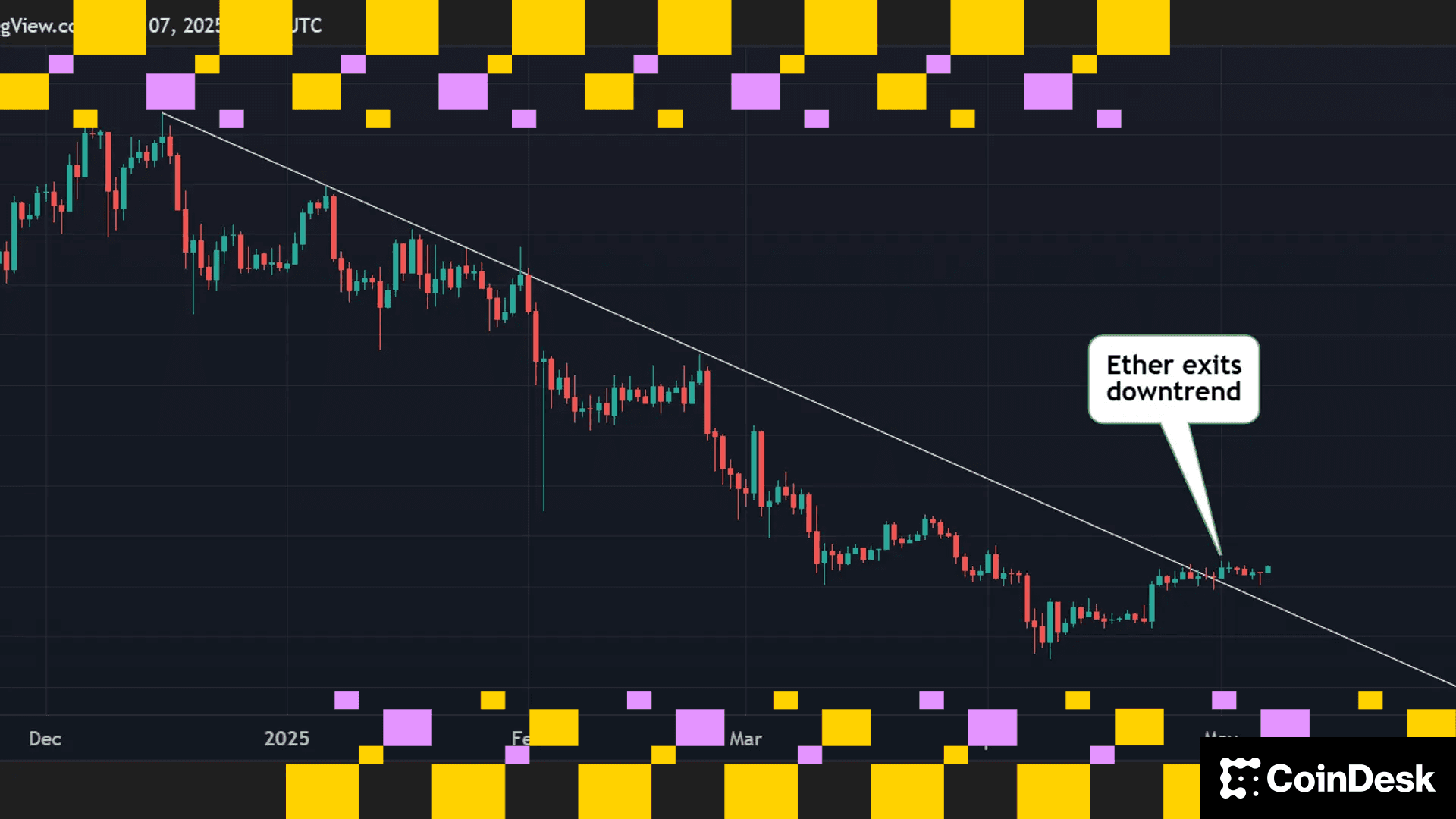Tether Sticks to Decision Not to Bar Tornado Cash Addresses
The stablecoin issuer sees a freeze of secondary Tornado Cash addresses as premature, and awaits more clarity from U.S. authorities.

Stablecoin issuer Tether has reiterated its decision not to bar Tornado Cash addresses, noting it has not yet been contacted by U.S. authorities or law enforcement with any such requests.
“Unilaterally freezing secondary market addresses could be a highly disruptive and reckless move by Tether,” said the company in a statement on Wednesday.
The company behind the dollar-pegged stablecoin USDT said it will not bar addresses associated with Tornado Cash until the U.S. Treasury Department's Office of Foreign Asset Control (OFAC) says otherwise. Freezing any such addresses, noted Tether, could be “highly disruptive and reckless,” and impede current regulatory investigations.
Earlier this month, the U.S. agency blacklisted the crypto-mixer Tornado Cash, claiming that North Korean hackers were using the protocol to conduct illicit transactions. The Treasury Dept. specified that the use of the protocol or Ethereum addresses on the protocol would be prohibited.
Notably, Circle – the issuer of stablecoin USDC – blacklisted Tornado Cash smart contracts within hours of the sanctioning. “We believe that, if made without instructions from U.S. authorities, the move by USDC … was premature and might have jeopardized the work of other regulators and law enforcement agencies around the world,” said Tether.
Tether further noted that Paxos, the issuer of stablecoins BUSD and USDP, and algorithmic stablecoin DAI – with 36% of its reserves in USDC – has also not frozen Tornado Cash addresses.
More For You
Exchange Review - March 2025

CoinDesk Data's monthly Exchange Review captures the key developments within the cryptocurrency exchange market. The report includes analyses that relate to exchange volumes, crypto derivatives trading, market segmentation by fees, fiat trading, and more.
What to know:
Trading activity softened in March as market uncertainty grew amid escalating tariff tensions between the U.S. and global trading partners. Centralized exchanges recorded their lowest combined trading volume since October, declining 6.24% to $6.79tn. This marked the third consecutive monthly decline across both market segments, with spot trading volume falling 14.1% to $1.98tn and derivatives trading slipping 2.56% to $4.81tn.
- Trading Volumes Decline for Third Consecutive Month: Combined spot and derivatives trading volume on centralized exchanges fell by 6.24% to $6.79tn in March 2025, reaching the lowest level since October. Both spot and derivatives markets recorded their third consecutive monthly decline, falling 14.1% and 2.56% to $1.98tn and $4.81tn respectively.
- Institutional Crypto Trading Volume on CME Falls 23.5%: In March, total derivatives trading volume on the CME exchange fell by 23.5% to $175bn, the lowest monthly volume since October 2024. CME's market share among derivatives exchanges dropped from 4.63% to 3.64%, suggesting declining institutional interest amid current macroeconomic conditions.
- Bybit Spot Market Share Slides in March: Spot trading volume on Bybit fell by 52.1% to $81.1bn in March, coinciding with decreased trading activity following the hack of the exchange's cold wallets in February. Bybit's spot market share dropped from 7.35% to 4.10%, its lowest since July 2023.
More For You











